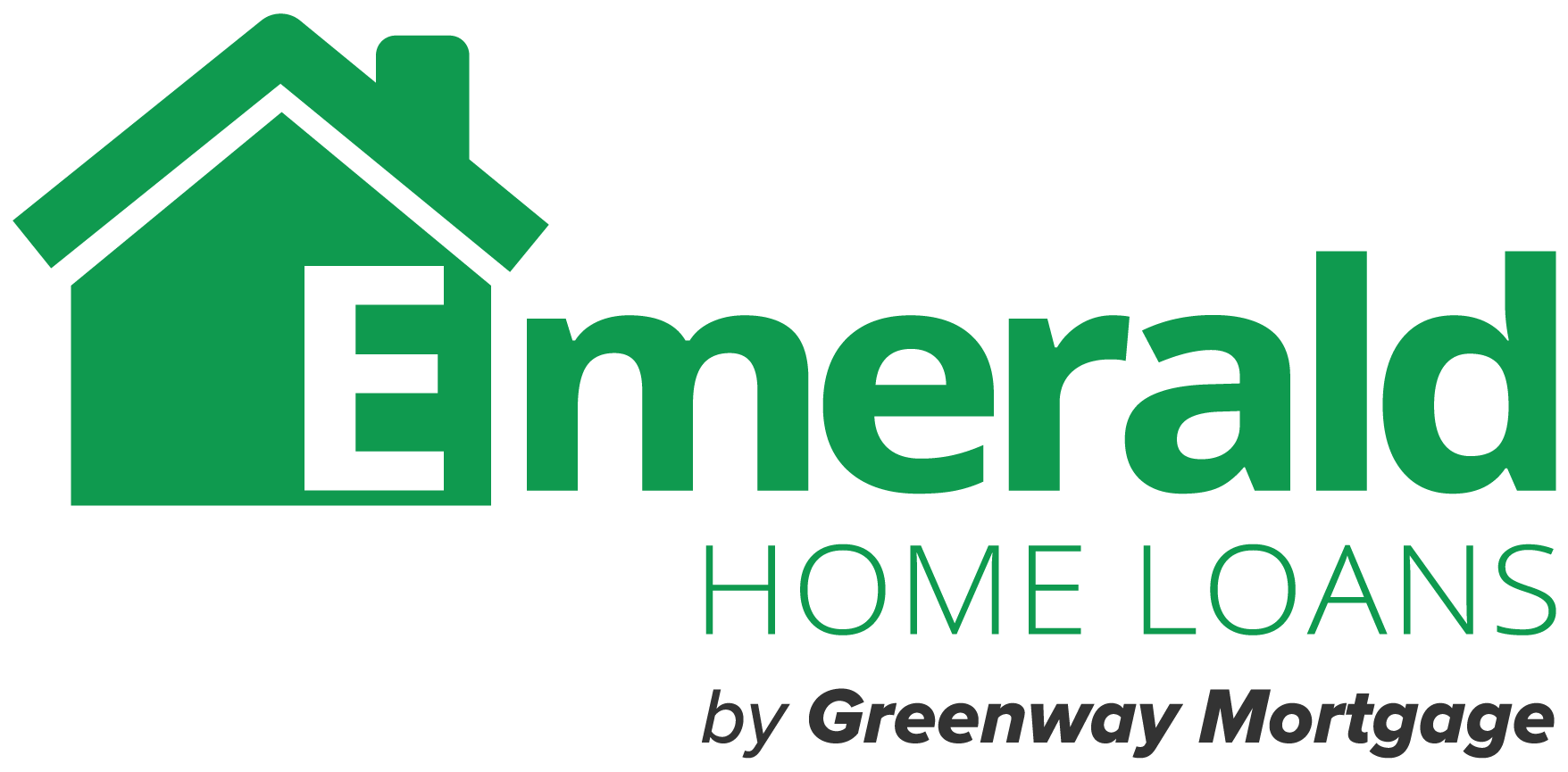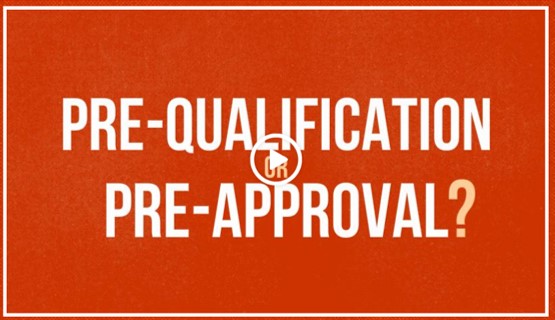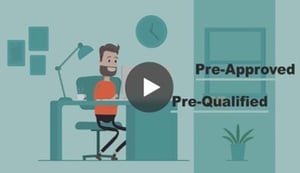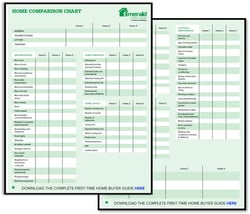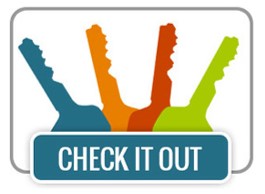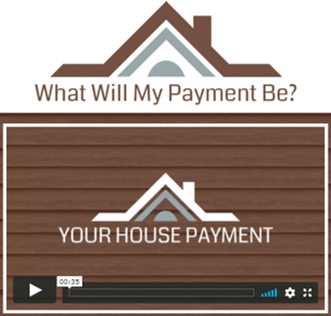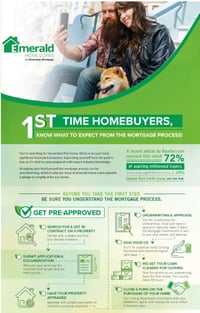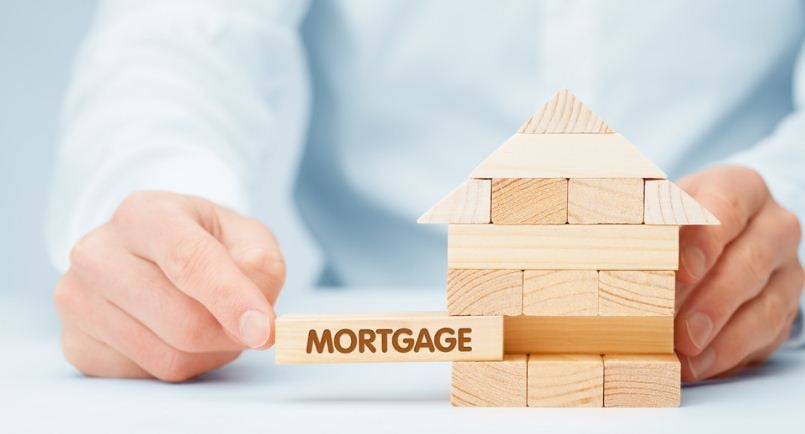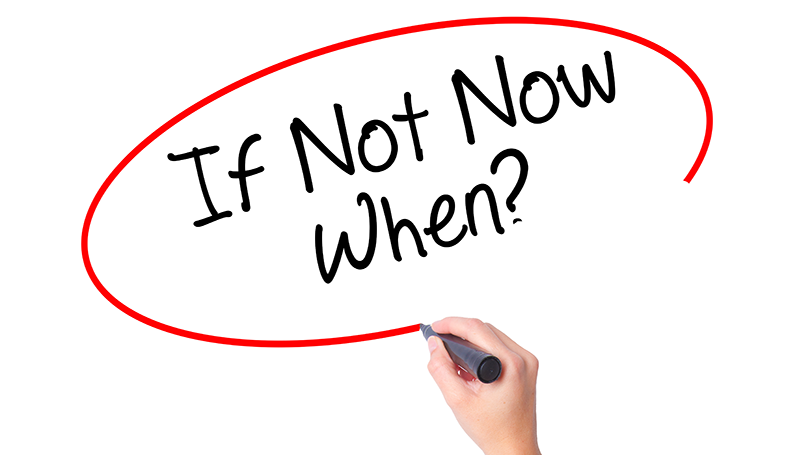First-Time Home Buyers
Buying a home is exciting and it is indeed a big step! For most people, it will be the largest financial transaction you’ll ever make. There’s a lot to do to prepare. Emerald Home Loans is here to help guide you throughout the process with valuable information to keep you informed! Need some help getting started?
- Speak to an EHL Expert Today - Click here to contact us.
- Explore Your Options - Check out EHL's First-Time Home Buyer Programs here.

Pre-Qualified vs. Pre-Approved: What's the Difference?
They sound the same. But the difference is key if you're buying a home!
Getting Pre-Qualified
Getting pre-qualified is important if you are just looking around, thinking about buying a house.
Why is a Home Loan Pre-Qualification Useful?
Home loan pre-qualification helps you get a better idea of what size and type of mortgage you might qualify for in advance of submitting your actual mortgage application. With this information in hand, you can better plan and prepare financially for meeting your home ownership goals.
Once you have an idea of your borrowing power and what type of mortgage you may qualify for, you’ll have a better sense of what size monthly mortgage payment you can afford. Having this knowledge is essential when determining your budget, which will help you in your home search.
How Does Pre-Qualification Work?
When getting pre-qualified, you will provide EHL with a picture of your financial situation (debt, income and assets) and we will use that information to give you an idea of what size mortgage you may qualify for. It’s that simple.
While pre-qualification is different from submitting a full mortgage application and doesn’t guarantee you will be approved for a loan, it is an extremely useful tool in the home buying preparation process. Pre-qualification can be done over the phone or online, and there’s usually no cost involved. It's that easy!

Mortgage Pre-Approval
Why should you get pre-approved first?
Getting pre-approved for a mortgage is the next step. It's the real deal, especially when you are serious about purchasing a home. A pre-approval letter is a statement from the lender that you qualify for a specific mortgage amount based on an underwriter's review of all of your financing information ( credit report, pay stubs, bank statement, assets, salary, etc).
Having that pre-approval letter puts you at an advantage when dealing with a potential seller, as he or she will know you're ONE step closer to getting an actual mortgage. An article from, Keeping Current Matters, also explains why pre-approval should always be your first step.
Bottom Line
While pre-qualification can be helpful in determining how much a lender is willing to give you, a pre-approval letter will make a stronger impression on sellers and let them know you have the cash to back up an offer.
What Do You Need For A Pre-Approval?
In order to get you pre-approved we need the documentation below. All of this and more will be needed once your loan is in process so might as well pull it together now.
- Pay stubs – last 30 days
- W2s – last 2 years
- Federal tax returns – last 2 years, all pages and schedules
- Bank statements – Last 2 months, all pages
- Realtor and attorney contact info
- Copy of photo ID – must be legible
